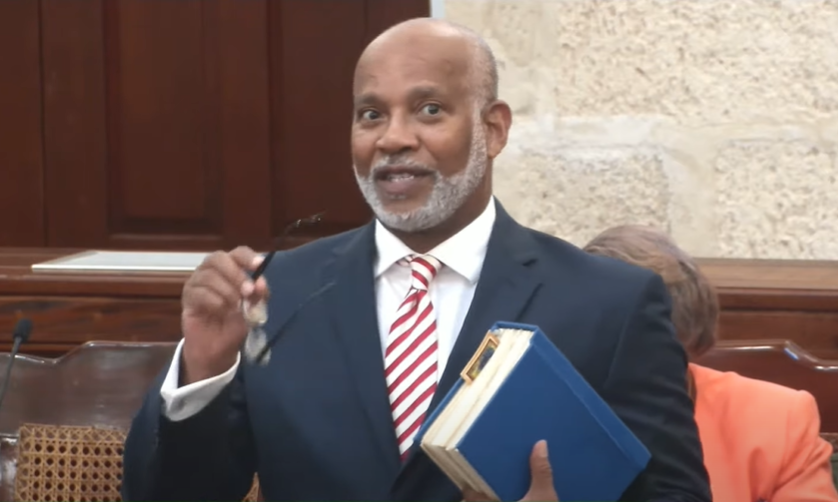Barbados Addresses Legal Challenges with Sexual Offences Act Amendments Amid Justice System Criticism

October 10, 2024
Barbados faces challenges with sexual abuse and violence. Attorney General Dale Marshall introduced amendments to address legal voids, aiming to modernize the justice system and tackle rising gun crimes.
Barbados is arguably one of the most desirable places in the world to visit or reside. The large number of people who pay thousands of dollars to come to this destination is evidence of that attraction.
Like most societies, however, the island faces the scourge of sexual abuse, sexual violence and predatory behaviour by some maladjusted, depraved, and broken individuals who live among us.
On Tuesday, Attorney General Dale Marshall piloted several amendments to the Sexual Offences Act in Parliament to address the void created following a 2023 ruling that the offence of buggery, under Section 9 of the Act, and the offence of serious indecency, under Section 12, were unconstitutional.
The St Joseph MP, who has faced fierce criticism over his handling of the consequential portfolio of the Attorney General’s Office, has held up his busy legislative reform agenda to demonstrate his commitment to modernising the local justice system.
He has hailed the rapid expansion of judicial officers on the criminal and civil benches, improved physical judicial centres, and the establishment of tough laws to stem increasing gun crimes and to make it harder for those accused of murder and gun offences to access bail.
These are all measures that must be applauded.
However, Tuesday’s sitting of Parliament demonstrated just how much more attention is required to right a justice system that has failed so many citizens.
Often Barbadians retreat to a victim mentality when the country’s flaws are exposed for the world to see. This was evidenced by the reactions of some to the frequent bashing the island received from the Caribbean Court of Justice (CCJ) over the exceedingly slow pace of administration of justice, seen in the appeals from the local courts that it has adjudicated.
During the House of Assembly debate, the attorney general revealed that sadly, more than 500 sexual offences cases are caught up somewhere in the legal system awaiting trial.
This is shameful and a stain on the country that there could possibly be hundreds of women and men, boys and girls, who took the brave step of reporting such violations but are yet to have them resolved by the courts.
We have no doubt that there are many more unreported crimes of a similar nature and whose victims are likely suffering in silence and shame.
“Sexual offences are one of those things people don’t like to talk about, but the number of sexual offences cases simply must be brought down in exactly the same way that we are bringing down the number of firearm cases to be tried, the number of murder cases to be tried, and I am satisfied that this administration is making a dent,” Attorney General Marshall told the Lower House.
“I am sorry to all of the individuals, both men and women, whose cases have been languishing in the system for many years, but we are getting there, and we are committed to getting there,” he offered.
There is an equally important aspect of this crisis that has not been given as much attention – the rights of the accused. These persons also deserve to have their day in court to either account for their crimes or clear their names.
It is shameful that a child that was violated while still at primary school, some 10 or 12 years later is asked to come to court as an adult woman or man to recount a horrible and life-altering experience.
While the MPs sparred in Parliament over the terminology of the amendments and whether same-sex arrangements were being introduced into the laws, the amendment that requires all court evidence by complainants in rape cases to be held in camera is a welcomed provision.
The added protections that provide for specific sexual consent for people with mental disorders or physical disabilities are also praiseworthy, as well as the provision for spousal rape.
At the same time, the administration has been urged to address the issue of the age of consent and the anomalies that have been created. There are many who still cannot reconcile a situation where a 16-year-old can consent to sexual intercourse with an adult but cannot seek medical attention without the consent of a parent or guardian until the age of 18. That the same 16-year-old can have sex but not get married, vote or purchase alcohol until the age of 18 makes no sense.


